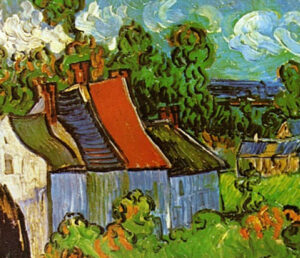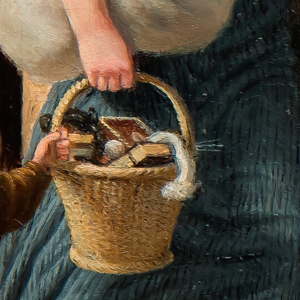Beet Kvass

Mrs. April Jaure
When it comes to getting nutrients out of vegetables, I’m convinced that nothing quite beets . . . er, beats fermentation. Thus, I share with you today a wonderful fermented beverage called beet kvass.
Beet kvass is thought to have originated in Ukraine and was traditionally consumed there as a health elixir. Many people drink a small glass of it each morning and evening. But it can also be used to add flavor to other foods. Try mixing a tablespoon or two into a warm bowl of soup on a chilly day.
Beet kvass is great for young and old, male and female, but one of its benefits is that it is quite high in the bioavailable B vitamin called folate, which makes this an especially healthy drink for pregnant women and those who may become pregnant, as well as women wanting to improve their cycles.
It takes all of five minutes to make, with a two-day waiting time while it ferments.
— April
Beet Kvass

What You Need
Equipment:
Two-quart mason jar
Ingredients:
2 medium-sized beets, peeled and quartered
1 tablespoon sea salt
1/4 cup whey or sauerkraut juice
Filtered water
What You Do
Place the quartered beets in the mason jar, along with the salt and the whey. Fill the jar with water and give it a little stir.
That’s it! You may cover with cheese cloth, or place a lid loosely on the jar. Let it sit on the countertop at room temperature for two days before transferring to the fridge. When most of the beet kvass has been drunk, you may fill the jar with water a second time, let it sit on the counter for another two days, and then place in the fridge. After this second use, the beets can be discarded.
Notes:
For additional immune-boosting benefits, add one or two peeled garlic cloves and half an inch of peeled ginger to the kvass. This will make the drink a little spicier, but also particularly helpful during cold season. This garlic-ginger variation also helps alleviate the morning (or, more accurately, all-day) sickness commonly associated with pregnancy.
Kvass is intense — consume small amounts at a time. And if you have had an intolerance to fermented foods in the past, pregnancy complications, et cetera, be judicious about whether or not you should try kvass.
As always, follow good sanitary practices and use clean jars and utensils. It would be relatively rare that beet kvass, with its short fermentation time, would go bad, but if it does, it may begin to smell less like sweet earth and more like a Cossack’s saddle. And, as mentioned, store your kvass in the refrigerator after the two-day fermentation period; this will slow further fermentation, among other things, and, as a drink, it is best served cold.



















